The Taste of Salt (2011)
ジャンル : ドキュメンタリー
上映時間 : 52分
演出 : Ndeye Souna Dièye
シノプシス
At Ngay Ngay, a village in northern Senegal, there are real natural evaporative basins in which depending on the year large or small quantities of sea salt dry out. Located 15 kilometres from Saint-Louis, the village is living around a complex community organisation: men divide the salt fields into plots, and women are those who harvest. In the end, the men receive a share of the crop, while women are those who took great pains over the harvesting.
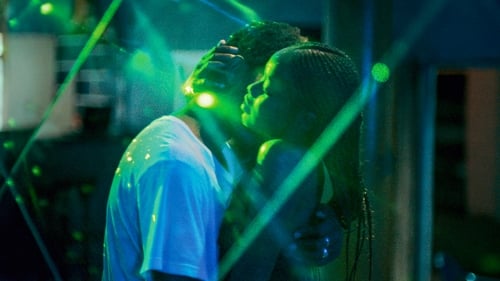
Arranged to marry a rich man, young Ada is crushed when her true love goes missing at sea during a migration attempt — until a miracle reunites them.
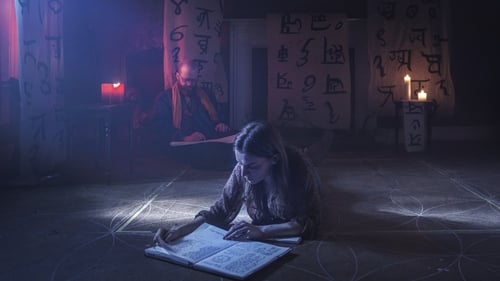
A determined young woman and a damaged occultist risk their lives and souls to perform a dangerous ritual that will grant them what they want.

Ben Singer is a failed children's folk singer, a career proofreader, a less-than-extraordinary weekend dad, and perhaps the most negative man alive. Floundering in all aspects of his life, Ben's only comfort comes from regular chess games and friendly debates on game theory with his Senegalese roommate Ibou. When Ibou is suddenly struck ill, Ben's pessimistic worldview seems unequivocally confirmed. It takes an extended visit from Ibou's sister Khadi for Ben to realize that cynicism may be all a matter of perspective.

A companion piece to Pelourinho: They Don’t Really Care About Us (NYFF57), King of Sanwi continues Akosua Adoma Owusu’s exploration of Michael Jackson as a global pop icon. Here, Michael’s long affinity with the African continent—from the Jackson 5’s arrival in Senegal in 1974 to Michael’s coronation as an Ivorian king in 1992—is captured in vibrant, fuzzy archival video, made visceral by Owusu’s funky audiovisual collage and richly material direct animation effects.
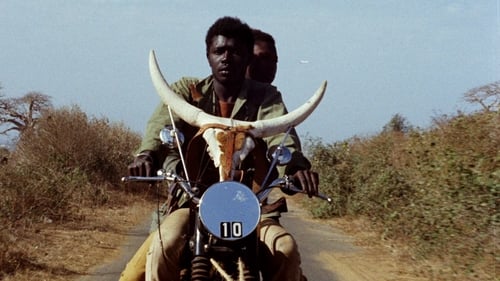
A cowherd with a skull-mounted motorcycle and a university student meet in Dakar; put off by life in Senegal, they plan to make money in Paris.
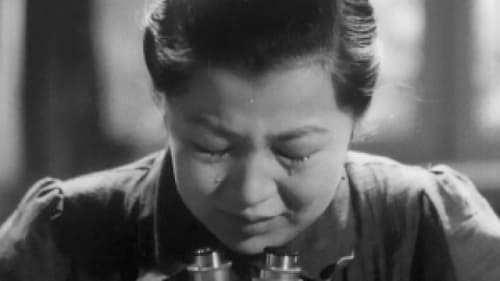
The stories of several young women who work in a 'precision optical instruments' factory during the second World War. Despite illness, injury, and tremendous personal hardship, the women persevere in their tasks, devoted to their work and their country's cause.
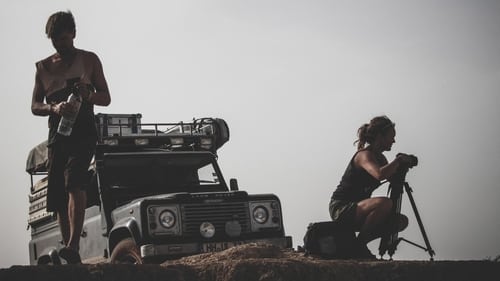
When Lena and Ulli start the engine of their old Land Rover, Lady Terés, they have a plan: to drive from Hamburg to South Africa in six months. What they don't know yet is that they won't ever get there. Two totally different characters, jammed together in two square meters of space for almost two years, they experience what it really means to travel: leaving your comfort zone for good.
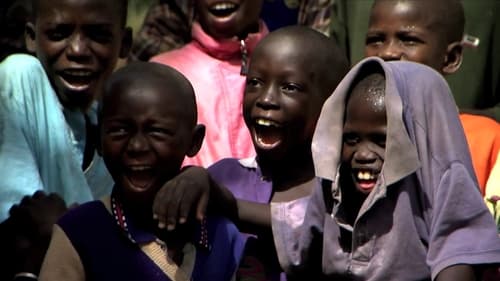
Binta, a little girl from Senegal, tells us about the everyday life in her village, the importance of education for the girls, and about her father's great idea to make the world a better place.
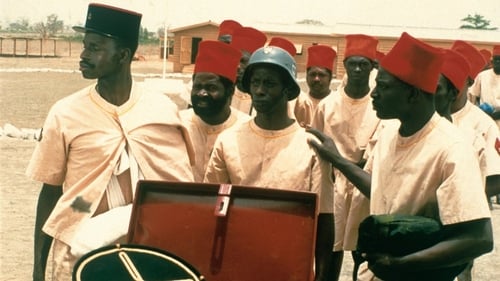
A Senegalese platoon of soldiers from the French Free Army are returned from combat in France and held for a temporary time in a military encampment with barbed wire fences and guard towers in the desert. Among their numbers are Sergeant Diatta, the charismatic leader of the troop who was educated in Paris and has a French wife and child, and Pays, a Senegalese soldier left in a state of shock from the war and concentration camps and who can only speak in guttural screams and grunts.

Bizet's Carmen gets a modern adaptation. Seducting, provocating, sensual. All the ingredients for a perfect drama. With her charm, Karmen gets out of many situations.
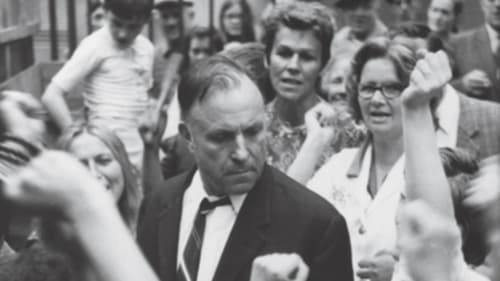
The film describes a strike in a French textile factory, when the striking workers occupy the factory.
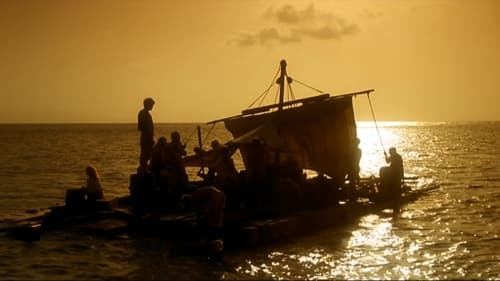
Iranian Iradj Azimi directed this French historical drama re-creating events depicted in the famous 1819 painting The Raft of the Medusa by Jean Louis Andre Theodore Gericault (1791-1824). The ill-fated voyage of the frigate Medusa begins when it departs Rochefort for Senegal in 1816. After striking a sandbar off the African coast, 150 civilians row safely to shore, but Captain Chaumareys (Jean Yanne) orders 140 soldiers and sailors onto a raft (minus supplies) and has it cut loose. Only 14 survive from the 140, creating a scandal back in France. Gericault (Laurent Terzieff) later talks to three of the survivors while researching his painting. Work on this film began in 1987, but sets destroyed by Hurricane Hugo caused delays, so the film was not completed until 1990. However, it then remained undistributed until an incident in which writer-director Azimi slashed his wrists in front of French Ministry of Culture officials.

Four men from a nomadic Tibetan tribe undertake their annual, ritualistic pilgrimage to a sacred salt lake. Salt gathered in this traditional fashion will be sold to provide the economic livelihood of the tribe for the coming year. The journey, necessary for the group's survival, also incorporates a number of rituals necessary for their culture to survive in the modern world.

In 1990, when Bischofferode entered the market economy, potash production in East Germany was in third place in the world's export ranking and in West Germany in fourth place. Bischofferöder Kalisalz is of a special quality and the plant therefore had loyal customers in Western Europe, especially in Scandinavia, even before the fall of the Wall. In the West, there is a major competitor - BASF subsidiary Kali und Salz AG from Kassel. The film reconstructs the mega-deal in one of the world's most important raw materials markets. The so-called potash merger was the biggest economic deal of German reunification, which has cost the taxpayer almost two billion euros to date. The Free State of Thuringia - the federal state with the best potash deposits in Germany - is still the big loser of the mega-deal today. Thuringia may be rich, but it loses almost all its potash mines, along with Bischofferode, and now has to spend millions of euros each year to rehabilitate and secure its mines.

A day with the artist Joe Ouakam.

Two women and two men tell their stories of exile caused by being lesbian, transgender, bisexual and gay.

The rules are simple in Senegalese wrestling: First man down, loses. The sport derives from ritual manhood trials and has developed into a national sport with packed stadiums and huge prizes. Today, the fight is supplemented with bare knuckle boxing but without any protection. The 22-year-old cattle herder Ndoff has been chosen to compete in an annual talent event in Dakar, and faces a possible breakthrough as a pro wrestler. LAAMB is the story of a sport filled with myths and extreme voodoo rituals, and a modern tale about fighting one’s way out of poverty.
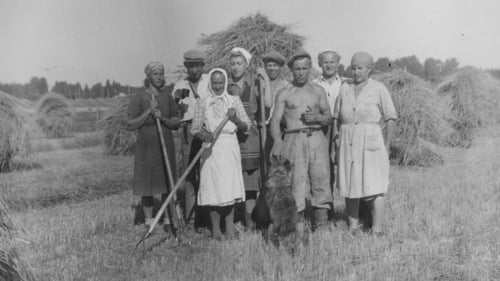
The Unknown Woman is a documentary film scripted and directed by Elina Kivihalme. It depicts the reality of Finnish agriculture and forestry during the war years, when the home front relied entirely upon the work and endurance of the women. All farm work, caring for the children, woodcutting and other forestry operations were undertaken by the civilians, as the men in their prime were on the front.

The vegetables come from the garden behind the house, the fish comes out of a can, and money for bread is earned at the factory. It’s because of this money that they came here. Women from Turkey stand side-by-side with women form Mecklenburg at the conveyor belt of a fish-processing factory in Lübeck. Their hands are stained brown, the pungent smell of fish clings to them, and their arms and backs ache. If these jobs were done by men, machines would have been invented long ago to replace them. But female labour is cheap and the women do not complain. They have learned to work – and therein lies the source of their pride. (Source: https://www.artechock.de/film/text/filminfo/g/ge/gefubr.htm)














